Shortly after the war began in September 1939, the branch of the intelligence services called MI8, or the Radio Security Service, recruited H.R. Trevor-Roper (as his name would appear the following year on the title page of his first book, his acerbic and somewhat anti-clerical life of Archbishop Laud). He was a young Oxford don, or would-be don, a research fellow of Merton. His academic career was now interrupted for six years: nominally commissioned in the Life Guards, he plunged deep into the murky world of secret intelligence.
Before that, and before he turned to Modern History, Trevor-Roper had been a brilliant classicist, winning a string of university prizes. He was repelled by what he found the sterility into which classical textual criticism had descended, but it was all the same the brilliant analytical mind he had shown in that field which was now turned to cryptography — other classicists, as well as mathematicians, chess players and musicians displayed a similar aptitude — and to interpreting raw intelligence. Early in the war he and a colleague actually broke one German code, although it must have been a comparatively simple one, before the profound mystery of the Enigma machine.
In 1941 he moved to the counter-espionage department of MI6, and in 1943 he was made head of MI6’s radio intelligence section. By this route he became a leading authority on the Abwehr, the German military intelligence service, and its chief, Admiral Wilhelm Canaris. As Trevor-Roper well knew, the Abwehr was both incompetent and disloyal to Hitler in a desultory way; before the end of the war the Abwehr was disbanded, and Canaris was arrested and then executed. It was because of this expertise that Trevor-Roper was commissioned in late 1945 to investigate the death of the Führer. The Allies were much concerned by what proved an illusory threat of German revanchism, and they wanted to establish that death beyond doubt, as Trevor-Roper did in his sparkling, sardonic, bestselling book The Last Days of Hitler.
By the time it was published he had returned as a don to Christ Church, where he had been an undergraduate. For some years he confined himself to teaching and writing, albeit brilliant essays rather than the full-scale book he notoriously never finished, as well as to academic politics. In a helpful foreword to this latest posthumous collection, The Secret World, Sir Michael Howard mentions Trevor-Roper’s ‘skill at bureaucratic infighting’, and reading some of these pages one immediately detects an affinity between the savage intestine feuds of Oxford (and ‘the House’ in particular) and those of the intelligence services.
Those who had worked in wartime intelligence were not encouraged to write about it afterwards. The operation at Bletchley, the crown jewel (amid much counterfeit paste) of British intelligence, whose breaking of the Enigma code was this country’s outstanding feat of the war, was a closely guarded secret for 30 years. ‘Sideways into SIS’, Trevor-Roper’s essay on how he joined the service, wasn’t published for 50 years after the war, but he wrote about Canaris in 1950, and about Ulrich von Hassell, another member of the ineffectual ‘conservative opposition’. He’s characteristically sardonic about the experience of observing two organisations, the German secret service and our own, the two ‘so different in their myth’ but ‘remarkably similar in their reality’.
In 1957 Trevor-Roper was in the public eye again when he was controversially appointed Regius Professor of Modern History, and he became an early tele-don. But what excited most interest by now was ‘the Cambridge spies’. In 1951, Guy Burgess and Donald Maclean had vanished at dead of night and then reappeared in Moscow. Suspicion turned to Kim Philby, although he was able to bluff it out before following the others to Moscow from Beirut in 1963. Although Trevor-Roper only met Burgess once, when ‘ I found his company delightful’, he knew quite well, and much disliked Anthony Blunt, who secretly confessed but was not publicly exposed until 1979.
He also knew Philby well, as a friend he once liked and admired, and he had followed his career closely. The longest piece in this collection is ‘The Philby Affair’, first published in Encounter in 1968, and then as a book. Philby rose steadily through SIS, up to the astonishing moment in 1950 when he was nearly appointed ‘No. 3’ in its hierarchy. Had it not been for the defections the next year, it’s just conceivable that this dedicated Soviet agent might have come to head our secret service.
How was it, Trevor-Roper asks, that this man,
favoured by society, liberally educated, regarded by all who knew him as intelligent, sensitive and transparently ‘sincere’, [became] not only a traitor, but a traitor of a particularly despicable kind, deceiving, breaking oaths, abusing confidence and destroying friends in the service not of a natural patriotism nor even a consistent ideological doctrine but of a particularly revolting tyranny?
This is indeed one of the great questions of our age, and Trevor-Roper addresses it again in an essay on Michael Straight, the rich American who joined and then left the Cambridge Gang.
However clever and learned Trevor-Roper was, I am not sure he fully answers his question, but maybe nobody has. He is enjoyably disdainful of ‘esoteric and intense’ Cambridge, with its ‘introverted coteries’, and the Apostles, that ‘egregious secret society of self-perpetuating, self-admiring narcissi’ to which Burgess and Blunt belonged (and E.J. Hobsbawm, he might have added). And what he can’t forgive the Gang for, he says, is not their error or even their treachery. ‘I cannot forgive their arrogance. The picture of Blunt, with his thin, precise voice, ordering the lives of others at the behest of “our friends” in Moscow’, reminds Trevor-Roper of a Jesuit general speeding ‘a doomed missionary to the secret priest holes of Elizabethan England’ — a comparison Graham Greene also made, but with admiration!
One other thought arises on reading this fascinating collection, concerning the dismal episode of the Hitler Diaries. For all that Trevor-Roper enjoyed high living and country sports, he might have remained a scholar and writer but for the war, and that plunge into the world of action. Isaiah Berlin once wrote penetratingly of ‘those two notorious occupational “complexes” of dons — a repressed yearning for spectacular worldly success and influence, and a resentful odium academicum of those who aspire to it’. Trevor-Roper wasn’t content to be an Oxford don and a marvellous writer; he wanted to be an homme du monde. At one point, that yearning undid him; happily, we can now enjoy his true legacy, on the printed page.
Got something to add? Join the discussion and comment below.
Get 10 issues for just $10
Subscribe to The Spectator Australia today for the next 10 magazine issues, plus full online access, for just $10.
Available from the Spectator Bookshop, £22.50. Tel: 08430 600033. Geoffrey Wheatcroft was literary editor 1977-81.
You might disagree with half of it, but you’ll enjoy reading all of it. Try your first month for free, then just $2 a week for the remainder of your first year.

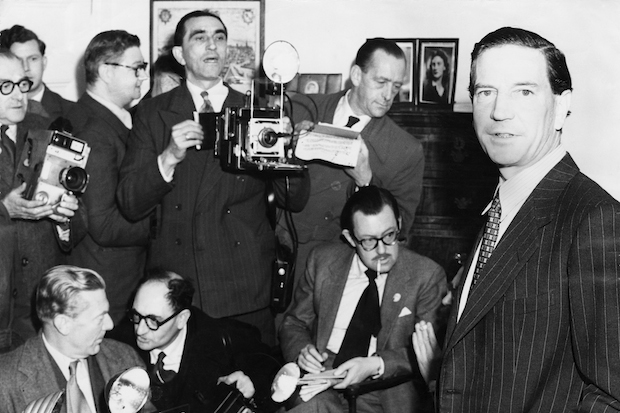
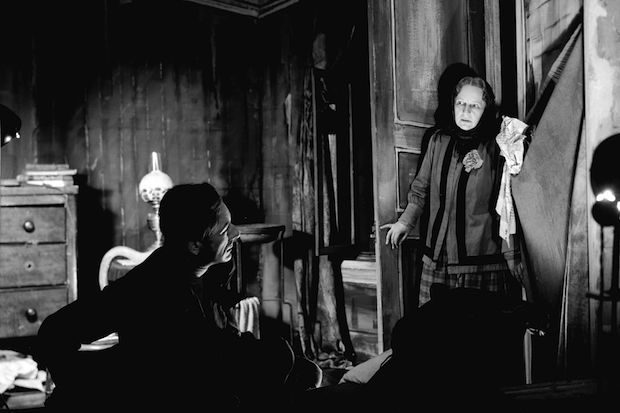

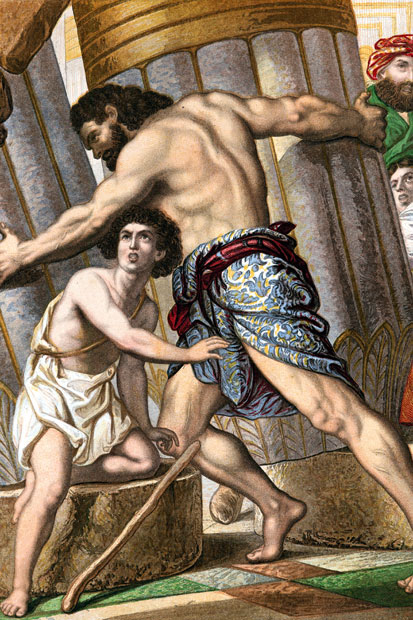

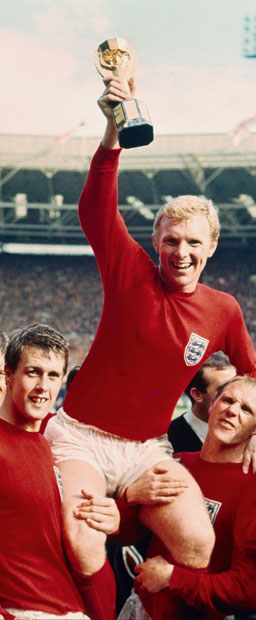
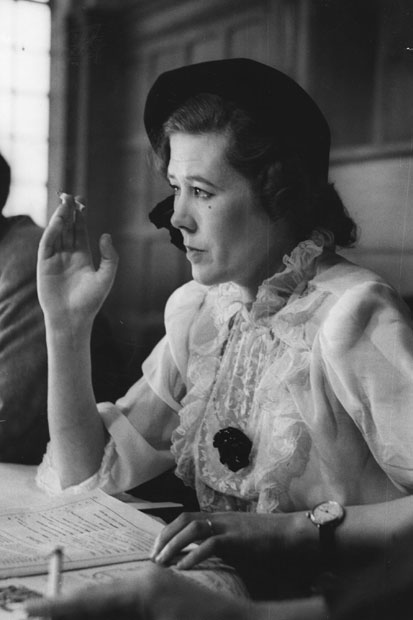






Comments
Don't miss out
Join the conversation with other Spectator Australia readers. Subscribe to leave a comment.
SUBSCRIBEAlready a subscriber? Log in